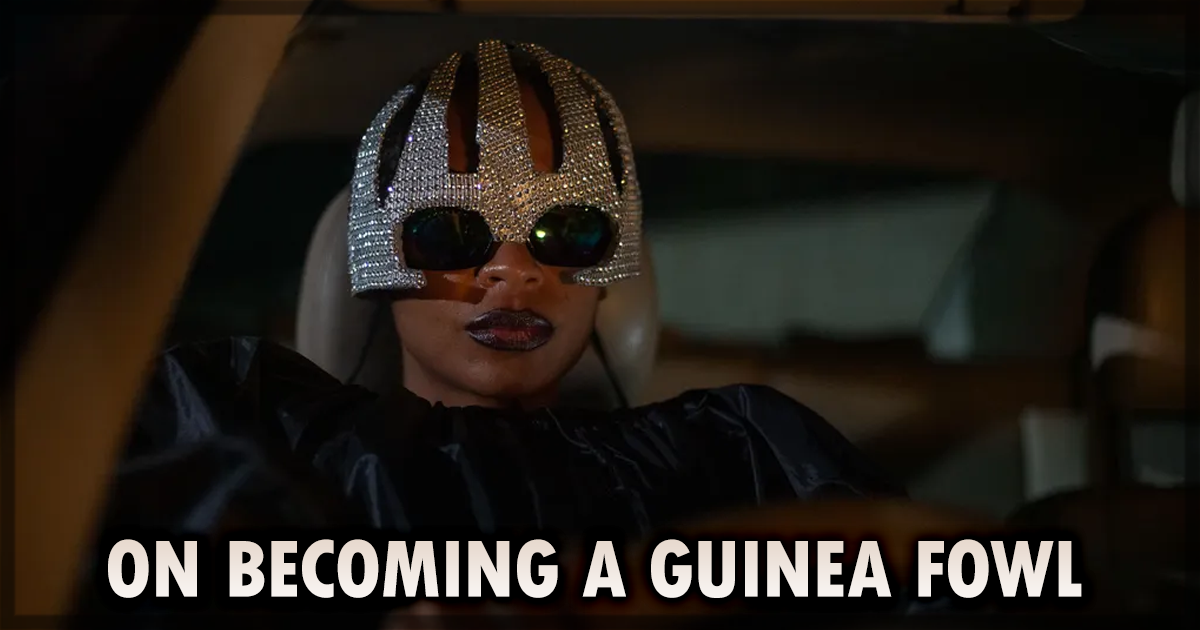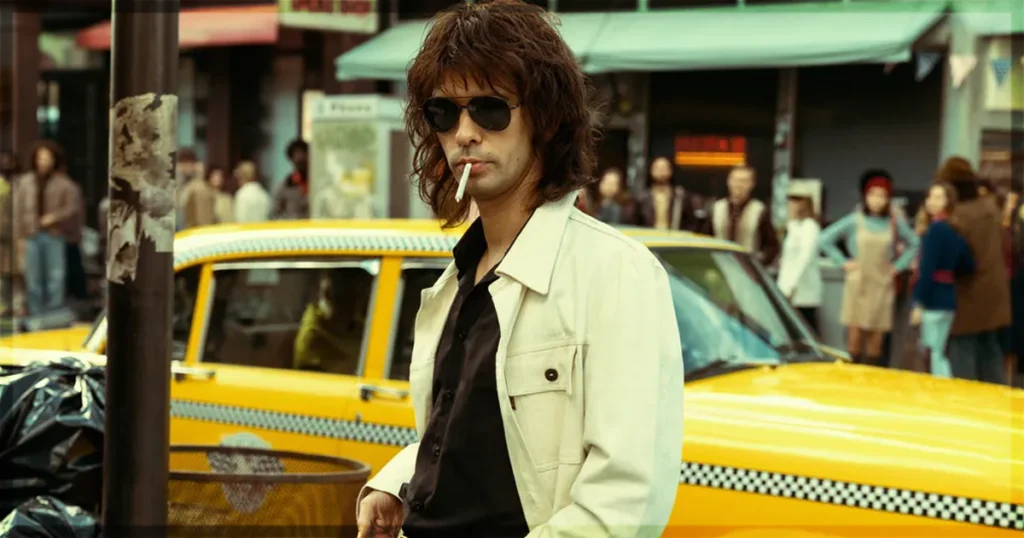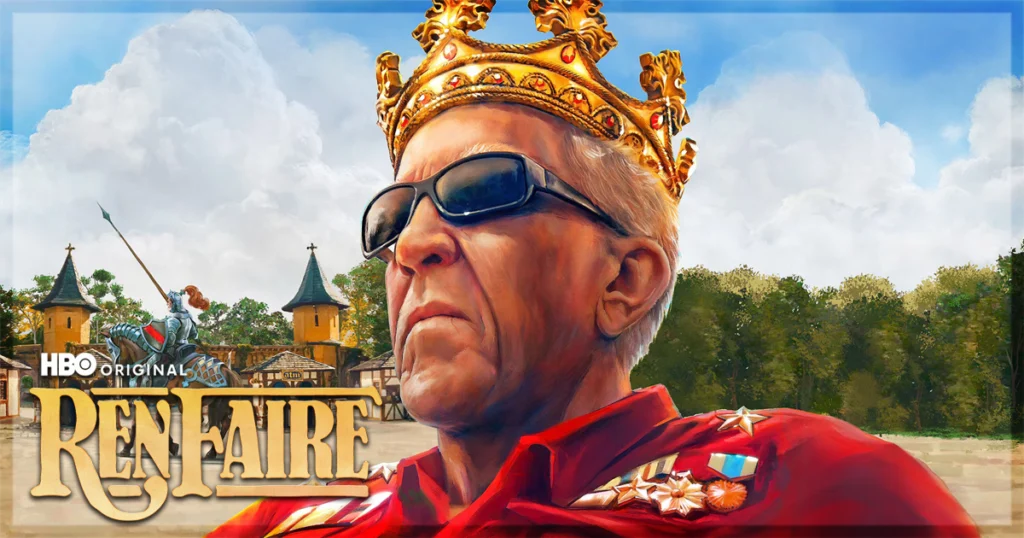With On Becoming a Guinea Fowl, director and writer Rungano Nyoni returns to Cannes with an exciting sophomore feature after her successful feature film debut with I Am Not a Witch. Nyoni’s latest film competed in the Un Certain Regard section of the festival, where the Zambia-born director won the Un Certain Regard – Best Director prize. Although the movie may not yet have an official release date for the domestic and overseas markets, it will be distributed in the United States by A24, which helped produce the film with BBC Film, Fremantle, and Element Pictures.
Rungano Nyoni’s latest film
On Becoming a Guinea Fowl follows Shula (a scene-stealing Susan Chardy), a young woman who one night, as she is going home from a night out, stumbles across the body of her uncle Fred (Roy Chisha) on an empty street. As the funeral proceedings to honor him begin in her family, Shuna and her cousins uncover the secrets their middle-class Zambian family has tried to bury for years as each family member attempts to deal with their grief in their own way.
The opening scene of On Becoming a Guinea Fowl is perfectly executed and is a testament to how compelling and impressive the opening scenes can be. The movie opens with Shula dressed in an extravagant costume with music blasting in her car. Nothing seems wrong with this scene, but when the music suddenly stops, and the camera pans back, the audience is confronted with the severity of what Shula is seeing: her uncle’s lifeless body. From the very first shot, the film conveys an area of surrealism combined ned with the seriousness of the events unfolding throughout its narrative.
The opening scene also introduces two of the most important characters in the film. It immediately shows us who they are in the way they approach finding Uncle Fred’s body, thus making us feel involved and connected to their stories from the very beginning of the film. I particularly liked the way On Becoming a Guinea Fowl approaches the characterization of all the people involved in the story. Although some characters may be introduced later or may not have as much screen time as the protagonists, the film is still able to give the audience a clear idea of who these characters are and immediately portray their defining characteristics.
Part of the narrative of the film is almost shaped like a thriller. As On Becoming a Guinea Fowl goes on, the narrative is eventually revealed, especially the one surrounding family dynamics and Uncle Fred’s life, and consequentially, his death. Just like the characters themselves move through this intricate maze, the audience is too called to bear witness to the history that unfolds before our eyes and, to a certain level, extend our own judgment as we are presented with uncomfortable facts that seem to be simultaneously out in the open – everyone in the family knows about Fred’s abuse – and hidden in the whispers amongst family members and the secrets that surrounded his public persona.
The culture of Zambia, as seen through On Becoming a Guinea Fowl
The film does a really good job of portraying the culture in Zambia. There is a lot in this film that feels incredibly specific to the country’s history and traditions, even for those of us in the audience who may not be familiar with it before watching the movie. On Becoming a Guinea Fowl shows us the funeral rites and traditions around the death of another culture, thus introducing us to what life in Zambia looks like. This is particularly interesting as it is not something we often see on the big screen, let alone in a film festival as big as the Cannes Film Festival.
However, On Becoming a Guinea Fowl is not an easy film to follow. Despite its incredible opening sequence and brilliant acting, the film’s pacing increasingly becomes too slow as the film goes on. The tone of the movie is also quite unclear in the second half of the film: the sometimes playful and humorous take on some scenes does seem to clash with the seriousness of the issue, which I wished had been explored with more depth. The dark comedy part on its own does work to some level, but the narrative becomes too confusing once the elements of fantasy and magical realism are introduced.
Overall, On Becoming a Guinea Fowl is a well-made film that touches on an important, yet not often spoken about, topic with a gentle and human feeling to it. Despite its faults in pacing, the film remains excellent and, with its visionary aesthetic and surrealist moments, it is certainly unlike any you have ever seen. The film sets itself apart in the style it uses to tell this story and the very specific setting of Zambia, which serves as a backdrop for the portrayal of universal themes the audience will most likely be able to sympathize with.
On Becoming a Guinea Fowl recently screened at the Cannes Film Festival.
Learn more about the film at the Cannes website for the title.



